The Politburo has issued Resolution No. 71-NQ/TW on breakthroughs in education and training development. This is an important document, identifying major orientations for fundamental and comprehensive innovation in the education sector, emphasizing the need to improve the quality of human resource training, promote science and technology, and closely link with socio-economic development and international integration.
One of the notable points of the resolution is the change in the autonomy mechanism in higher education , marking a major shift in the way public training institutions are managed and operated.
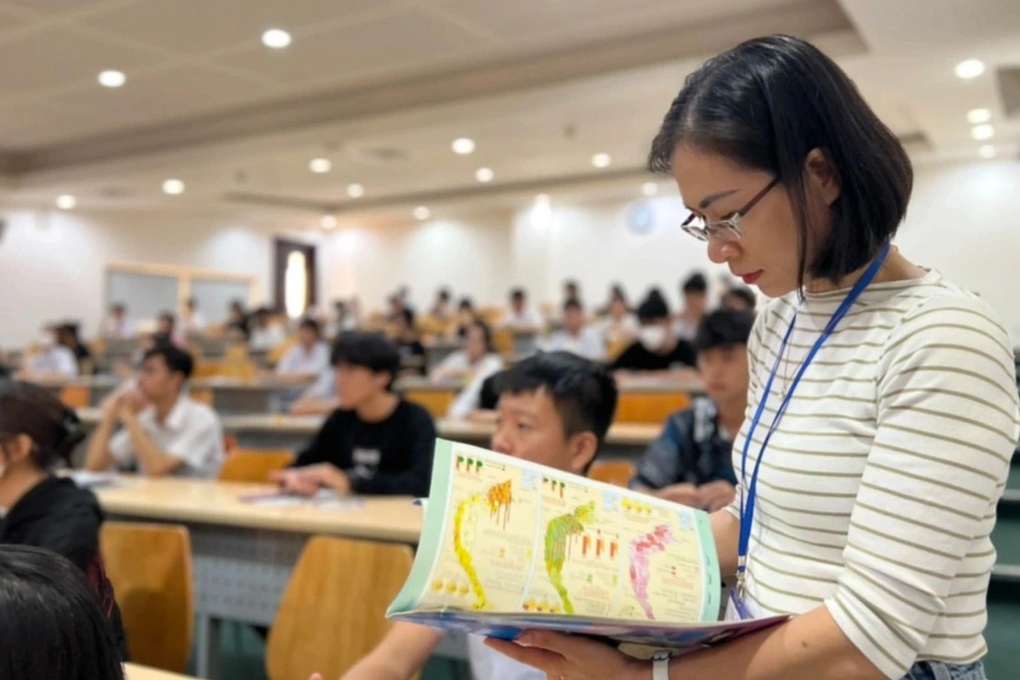
Higher education is no longer classified according to the level of public career autonomy (Illustration: Hoai Nam).
For many years, public universities have been classified into four levels of autonomy, based on their ability to self-finance regular expenses and investments. This classification applies to the entire system of public service units, from health , culture, sports to science and education. However, implementation practice shows that this mechanism leads to overlap with the 2018 revised Law on Higher Education - a legal document that specifically regulates university autonomy.
Resolution 71 affirms that higher education will be fully regulated according to specialized laws, no longer within the general autonomy framework of other public service units. That means that universities are given greater autonomy in organizing their apparatus, personnel, training programs, scientific research, international cooperation as well as managing and using financial resources.
Along with expanding autonomy, the resolution also emphasizes the need to enhance accountability, publicity, transparency and closely link it to the quality assessment mechanism. This is a principle to ensure that autonomy is not abused, while also creating motivation for training institutions to improve their competitiveness.
According to experts, this change is an important step to unify the management mechanism, overcome legal overlaps, and at the same time promote the unique characteristics of higher education.
The granting of comprehensive autonomy according to specialized laws is also considered consistent with international practices, helping Vietnamese universities integrate deeply, improve the quality of training and research, and meet the requirements of high-quality human resources for the new development stage.
Source: https://dantri.com.vn/giao-duc/cac-truong-dai-hoc-se-duoc-chu-dong-hon-trong-to-chuc-nghyen-cuu-nhan-su-20250901115423148.htm



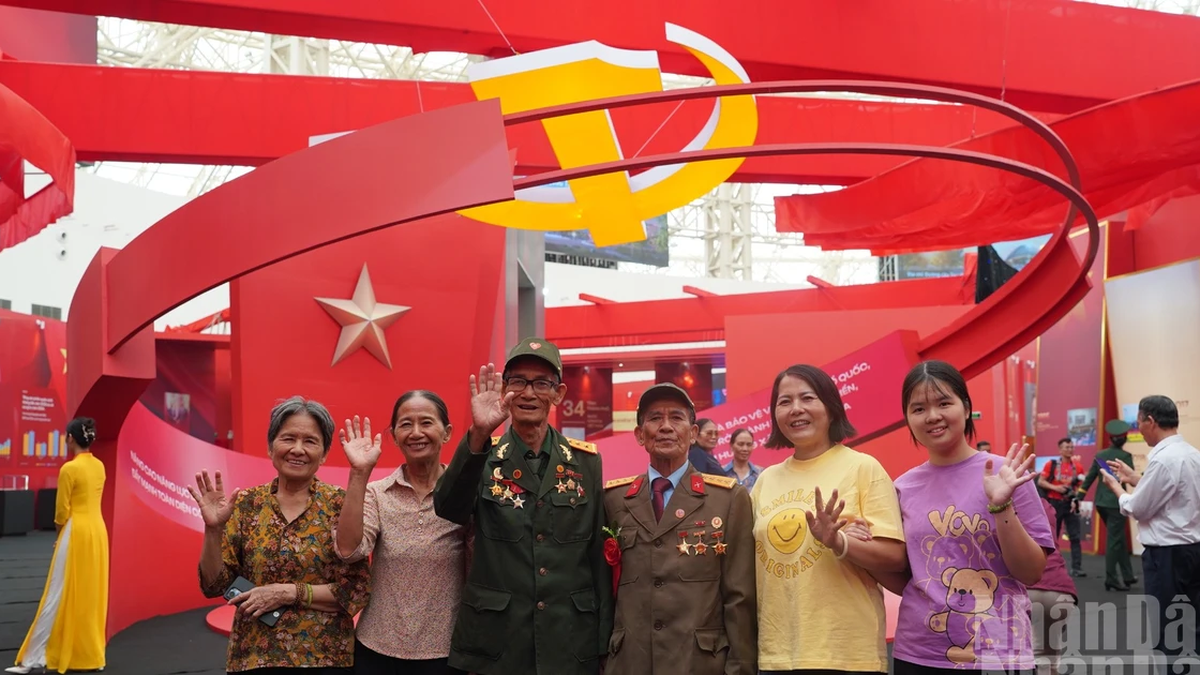
![[Photo] Ho Chi Minh City residents show their affection to celebrate the 80th anniversary of the August Revolution and National Day September 2](https://vphoto.vietnam.vn/thumb/1200x675/vietnam/resource/IMAGE/2025/9/3/55d860cbb63a40808e1e74ad9289b132)
![[Photo] Special art program "Da Nang - Connecting the future"](https://vphoto.vietnam.vn/thumb/1200x675/vietnam/resource/IMAGE/2025/9/2/efdd7e7142fd45fabc2b751d238f2f08)
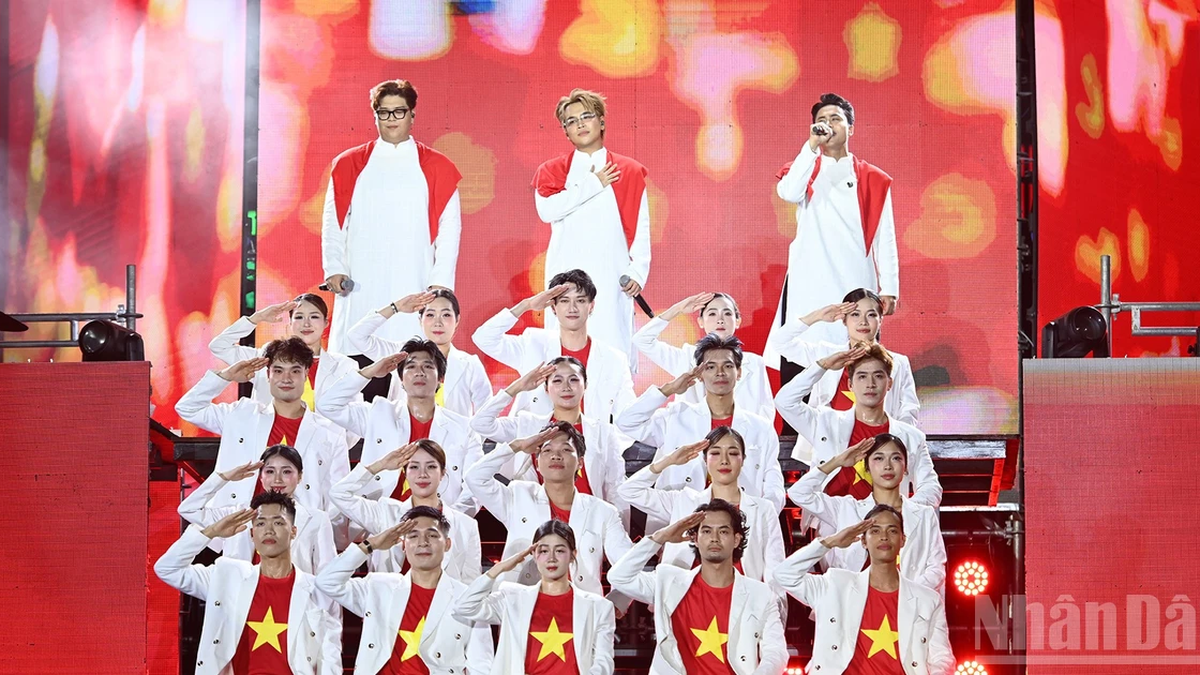
![[Photo] National Assembly Chairman Tran Thanh Man meets with First Secretary and President of Cuba Miguel Diaz-Canel Bermudez](https://vphoto.vietnam.vn/thumb/1200x675/vietnam/resource/IMAGE/2025/9/2/c6a0120a426e415b897096f1112fac5a)
![[Photo] Lao President Thongloun Sisoulith and President of the Cambodian People's Party and President of the Cambodian Senate Hun Sen visit the 95th Anniversary Exhibition of the Party Flag Lighting the Way](https://vphoto.vietnam.vn/thumb/1200x675/vietnam/resource/IMAGE/2025/9/2/3c1a640aa3c3495db1654d937d1471c8)


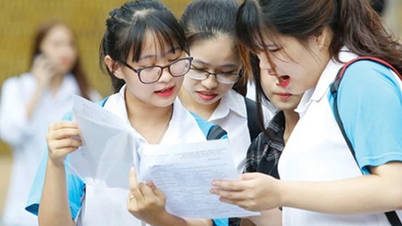
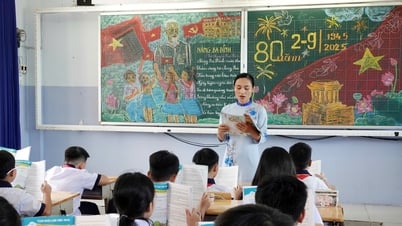

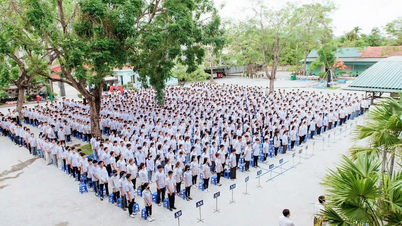
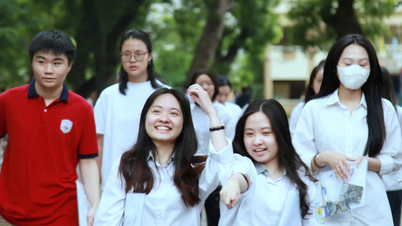
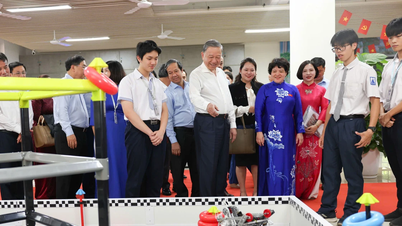
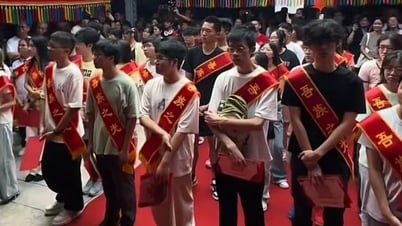
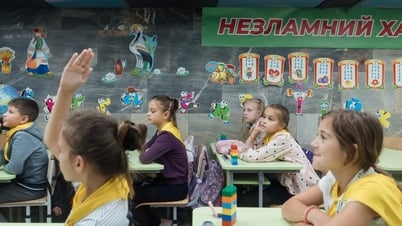



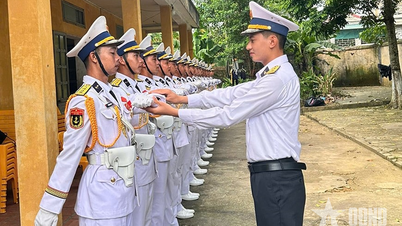

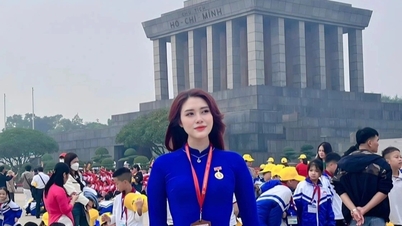


















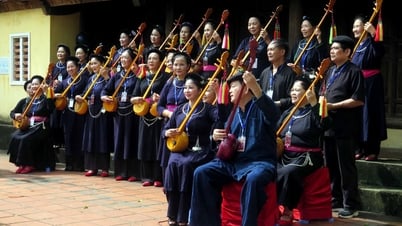

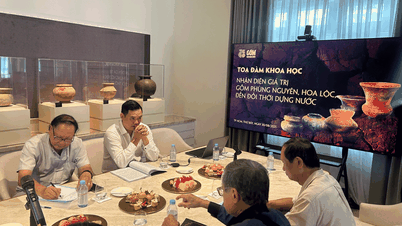


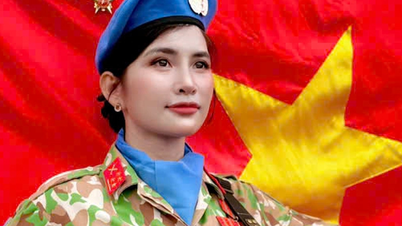













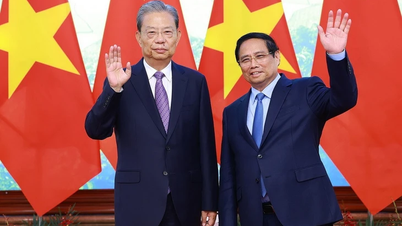
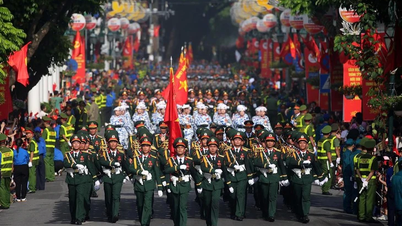

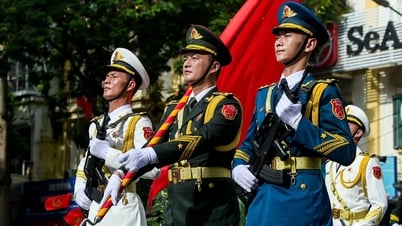





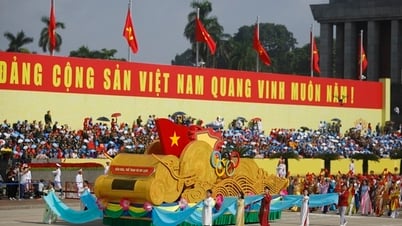







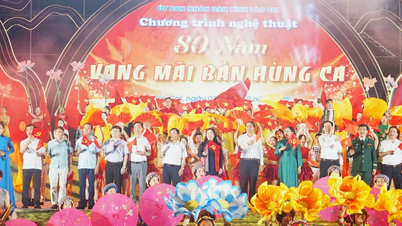









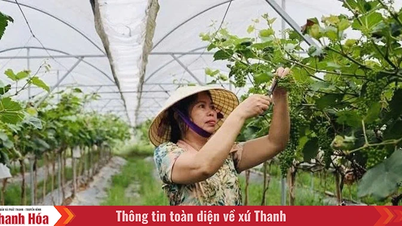





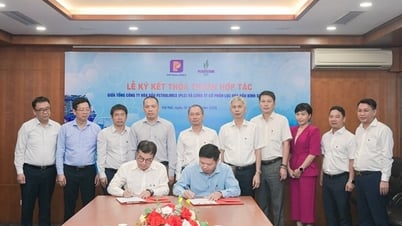







Comment (0)